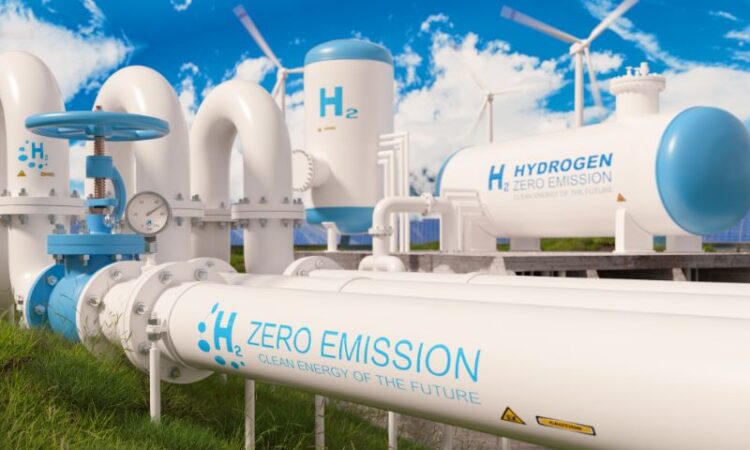
The European Commission has awarded approximately €720 million (~$772 million) to seven green hydrogen projects across Europe through the first competitive auction under the European Hydrogen Bank initiative.
The winning projects were selected from 132 bids submitted from 17 European countries, totaling over €15 billion (~$16 billion) in requested funds – far exceeding the €800 million budget for this initial auction round.
The tender for the projects was floated last November.
The seven selected projects are expected to produce 1.58 million tons of renewable hydrogen over the next decade. This is expected to avoid over 10 million tons of CO2 emissions by replacing emissions-intensive hydrogen production from fossil fuels. The projects are located in Portugal, Spain, Finland, and Norway.
The subsidies awarded range from €8 million (~$8.6 million) to €245 million (~$263 million) per project. The bids selected had strike prices between €0.37 (~$0.40) and €0.48 (~$0.51) per kilogram of renewable hydrogen produced. The funds for this auction came from the revenues of the EU Emissions Trading System.
In addition to the EU funding, Germany is providing €350 million (~$375 million) in national funds through the “Auctions-as-a-Service” mechanism for high-ranking German projects that met eligibility criteria but did not receive EU subsidies.
“The results of our first EU-wide auction for renewable hydrogen production are very encouraging… The high level of interest shows the strong potential for this market and the need for resources beyond the EU budget,” said Wopke Hoekstra, commissioner for Climate Action, encouraging other member states to participate in future “Auctions-as-a-Service” rounds.
The seven winning project, namely Finland’s eNRG Lahti (90 MW), Spain’s El Alamillo H2 (60 MW) and HYSENCIA (35 MW), Portugal’s Grey2Green (200 MW) and MP2X (500 MW), Norway’s SKIGA (117 MW), and Spain’s Catalina project (500 MW), must now finalize grant agreements, with hydrogen production required to start within five years. They will receive the awarded subsidies for up to ten years of certified renewable hydrogen output.
The European Commission plans to launch a second Hydrogen Bank auction by the end of 2024 after consulting stakeholders on lessons learned from this pilot round.
Last June, the European Commission proposed a detailed new framework for green hydrogen producers within the EU and from other countries exporting to the region to ensure it is produced using renewable electricity.
According to Deloitte’s 2023 Global Green Hydrogen Outlook, the green hydrogen market is expected to expand to 170 million tons of hydrogen by 2030 and reach 600 MT by 2050.






